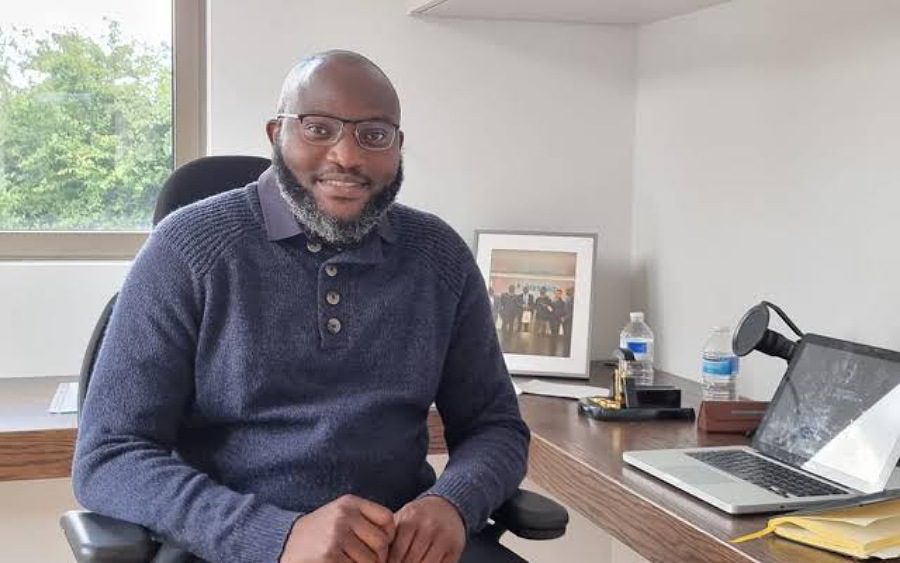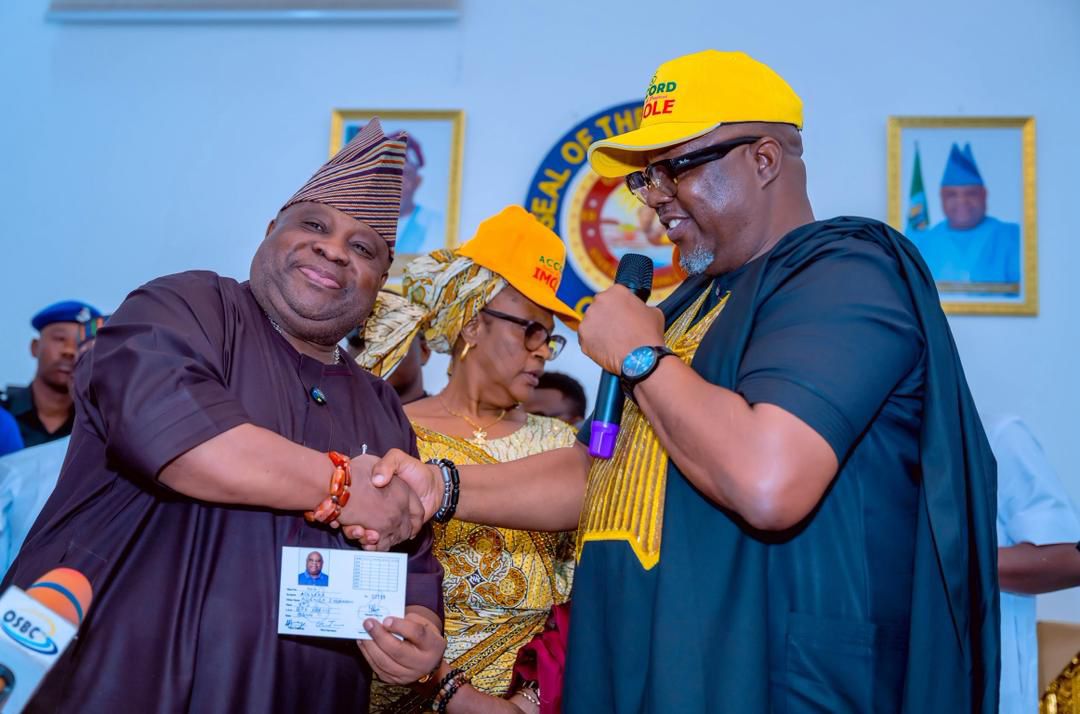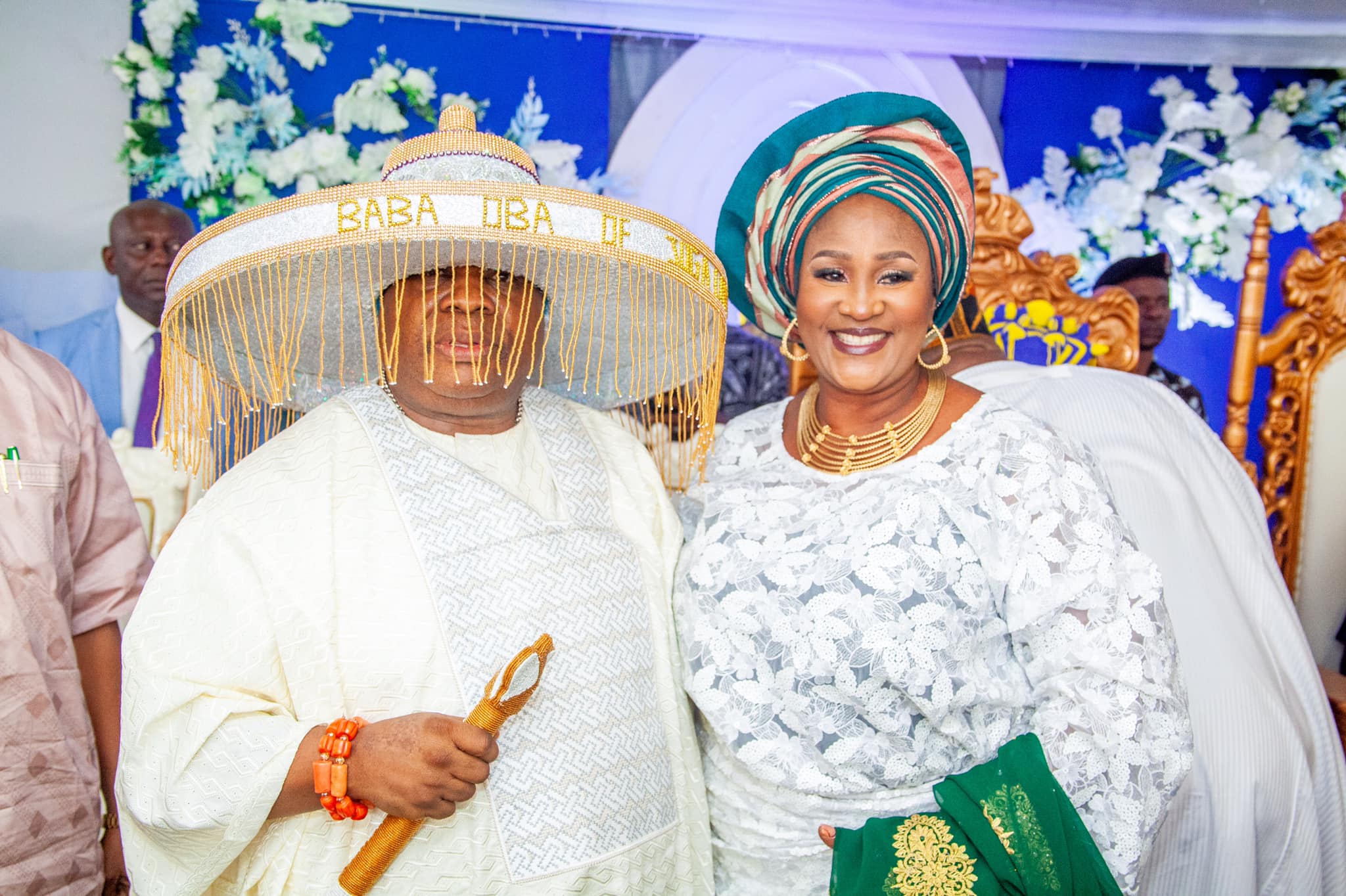By Eric Elezuo
Popular Nigerian businessman and Founder, Tingo Group, Dozy Mmobuosi, has lauded the Nigerian Police Force, particularly the Federal Criminal Investigation Department (FCID), for giving him and the Tingo family a clean bill of health after due diligence and thorough investigation over fraud allegations. He noted that all allegations of infractions against him and his business interests were “baseless and unfounded”.
The Tingo Founder made these observations during a press briefing tagged, ‘My Battles with Western Powers: Setting the Record Straight’, at his Victoria Island office on Saturday, where he lambasted the West, especially the United States authorities for false multi-million dollar fraud allegations against him.
Mmobuosi was on August 20 exonerated by the FCID of all wrongdoing charges brought against him and his business concerns.
The legal unit of the FCID insisted that there is no evidence to prosecute Tingo Foods, Tingo Mobile Plc, and its founder, Dozy Mmobuosi, over allegations of fraud, and therefore, exonerated him and Tingo Group of alleged fraudulent diversion of funds and falsification of financial reports.
“I want to specially thank the Nigeria Police Force’s Criminal Investigation Department (FCID) for their diligence during months of investigation and the courage afterwards to clear, without fear or favour, Tingo Foods, Tingo Mobile and myself of fraud allegations,” he added.
During the news conference, the businessman said his success as an African entrepreneur is “perceived as a threat” by the United States Securities and Exchange Commission (SEC), which came after him with false allegations in 2023, and other like-minded western authorities.
Among other allegations, the US SEC said Mmobuosi gave false narratives about owning $461.7 million when he only had less than $50 in all accounts.
As a result, on November 16, 2023, the commission suspended Tingo from the US stock market for allegedly providing “inadequate and inaccurate information about its assets”.
Rejecting all the actions against him however, the entrepreneur said the allegations were unfounded, adding that he was “preparing to contest them to the full extent of his capacity”.
While denying the allegations of wrongdoing, Mmobuosi said they are “deliberate attempts by certain powers in the West and in Nigeria for selfish reasons”, stating categorically that he would not be bullied into submission by anyone.
“I am compelled to address the series of orchestrated attacks and false narratives against me and my business interests, Tingo Group and its subsidiaries,” he said.
“My decision to invest in the beverage and telecom industries, as well as my acquisition of Sheffield United, a historic British football club, has been met with resistance and intimidation from the American government and other powerful forces for obvious reasons.
“It is no secret that my success as a Black African serial entrepreneur has been perceived as a threat by some.
“The notion that I, a Nigerian, could achieve such milestones is difficult for some to accept. However, I will not be deterred; I will continue to invest in my country and other friendly and fair countries.”
He stressed that all allegations of wrongdoing, are claims “motivated by malice”.
The businessman also said the flagship of his product, Tingo Cola, “is a testament to his commitment to quality and excellence”.
“I want to categorically deny allegations that I floated the DOZIE stocks to defraud shareholders,” Mmobuosi said.
“These claims are baseless and motivated by malice. My organization has made significant investments in agriculture, beverage manufacturing, media, telecoms, and state-of-the-art healthcare services here in Nigeria.
“I make bold to say that I have never received any form of donations from anyone or any groups. Should there be anyone with evidence to the contrary, let the person call me out, rather than resort to malicious publications.”
The businessman also canvassed for support for Nigerian investors instead of condemnation, saying there was a need for the government to support Nigerian investors for positive economic growth.
“I passionately urge the Nigerian authorities to continue to support patriotic entrepreneurs like myself, Aliko Dangote, and a host of others who have invested heavily in our great nation,” the businessman said.
“We deserve encouragement, not hindrance and character assassination.
“I will continue to fight for my rights and the rights of Nigerians to succeed in business, free from harassment and intimidation. I am proud of my businesses which rest on solid achievements and hard work.”
With the latest vote of confidence passed by the Nigerian Police, it’s believed that the businessman will bounce back to reclaim all lost grounds.

 Featured6 days ago
Featured6 days ago
 Uncategorized4 days ago
Uncategorized4 days ago
 Boss Of The Week6 days ago
Boss Of The Week6 days ago
 Africa3 days ago
Africa3 days ago
 The Oracle5 days ago
The Oracle5 days ago
 Africa3 days ago
Africa3 days ago
 Featured3 days ago
Featured3 days ago
 Business2 days ago
Business2 days ago













